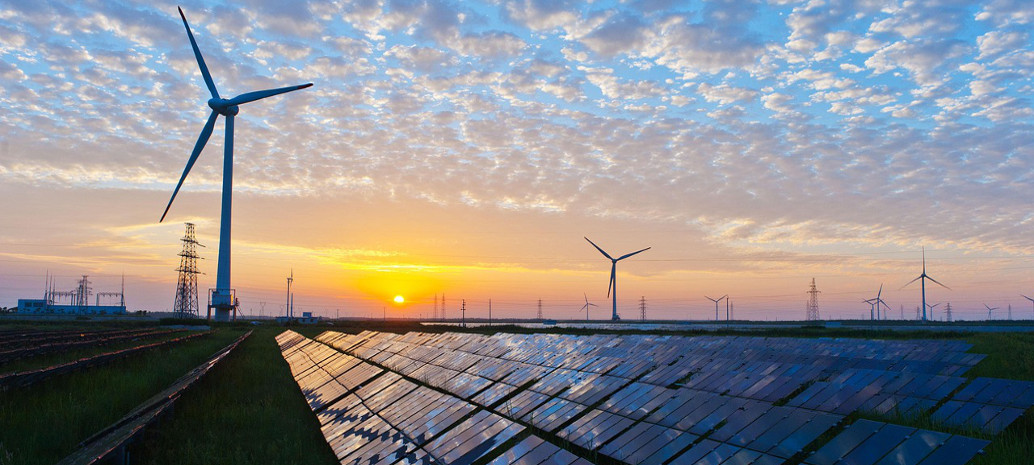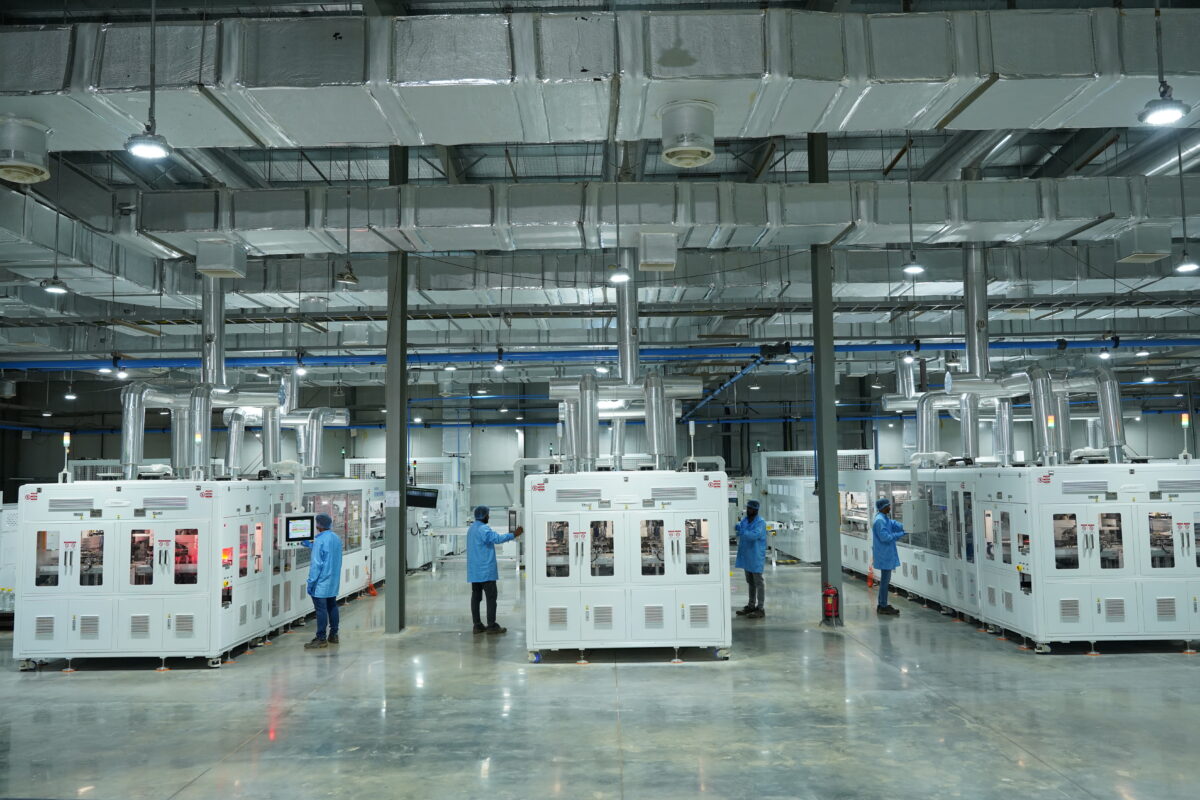On the same day the Ministry of New and Renewable Energy (MNRE) released new guidelines for its national wind-solar hybrid policy, to include all types of storage technology, SECI announced a 160 MW tender for such projects.
The corporation has issued a request for bids for the plant, which will be installed in Ramagiri, Anantapur district, Andhra Pradesh. The successful applicant will be tasked with the design, engineering, supply, construction, erection, testing and commissioning of the plant, in addition to looking after O&M for a 10 year period.
In a statement issued, SECI said it has applied for World Bank financing, part of which it intends to use toward payments under the contract. It declined to disclose how much it had asked for, however.
The last date for online submissions is October 1, 2018, when techno-commercial bids will be opened. The bid security amount is INR 10 Crs (US$1.5 million).
India’s hybrid plans
Last September, India’s first large-scale commercial wind-solar hybrid project was approved, when Siemens Gamesa was commissioned to move forward with the coupling of a newly constructed 28.8 MW solar facility to an existing 50 MW wind farm in Karnataka.
Following this, on May 15, 2018, the Indian Government unveiled a national wind-solar hybrid policy that provides a framework for promotion of large grid connected wind-solar PV systems.
A week later, the MNRE announced a scheme for establishing 2.5 GW of Inter-State Transmission System (ISTS)-connected wind-solar hybrid projects on a build, own, and operate (BOO) basis.
Meanwhile, yesterday, the MNRE updated its hybrid policy, to include all types of storage technologies.
This content is protected by copyright and may not be reused. If you want to cooperate with us and would like to reuse some of our content, please contact: editors@pv-magazine.com.









By submitting this form you agree to pv magazine using your data for the purposes of publishing your comment.
Your personal data will only be disclosed or otherwise transmitted to third parties for the purposes of spam filtering or if this is necessary for technical maintenance of the website. Any other transfer to third parties will not take place unless this is justified on the basis of applicable data protection regulations or if pv magazine is legally obliged to do so.
You may revoke this consent at any time with effect for the future, in which case your personal data will be deleted immediately. Otherwise, your data will be deleted if pv magazine has processed your request or the purpose of data storage is fulfilled.
Further information on data privacy can be found in our Data Protection Policy.